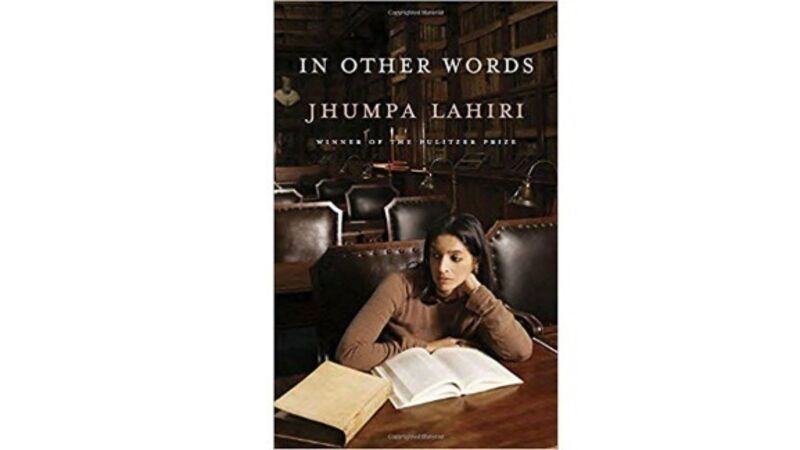Book reviews: In Other Words and The Clothing of Books

Try from €1.50 / week
SUBSCRIBEJhumpa Lahiri (translated by Ann Goldstein)
Bloomsbury, €11.80
Already a subscriber? Sign in
You have reached your article limit.
Annual €130 €80
Best value
Monthly €12€6 / month
Introductory offers for new customers. Annual billed once for first year. Renews at €130. Monthly initial discount (first 3 months) billed monthly, then €12 a month. Ts&Cs apply.
CONNECT WITH US TODAY
Be the first to know the latest news and updates
CONNECT WITH US TODAY
Be the first to know the latest news and updates

Our team of experts are on hand to offer advice and answer your questions here
Newsletter
The best food, health, entertainment and lifestyle content from the Irish Examiner, direct to your inbox.
© Examiner Echo Group Limited